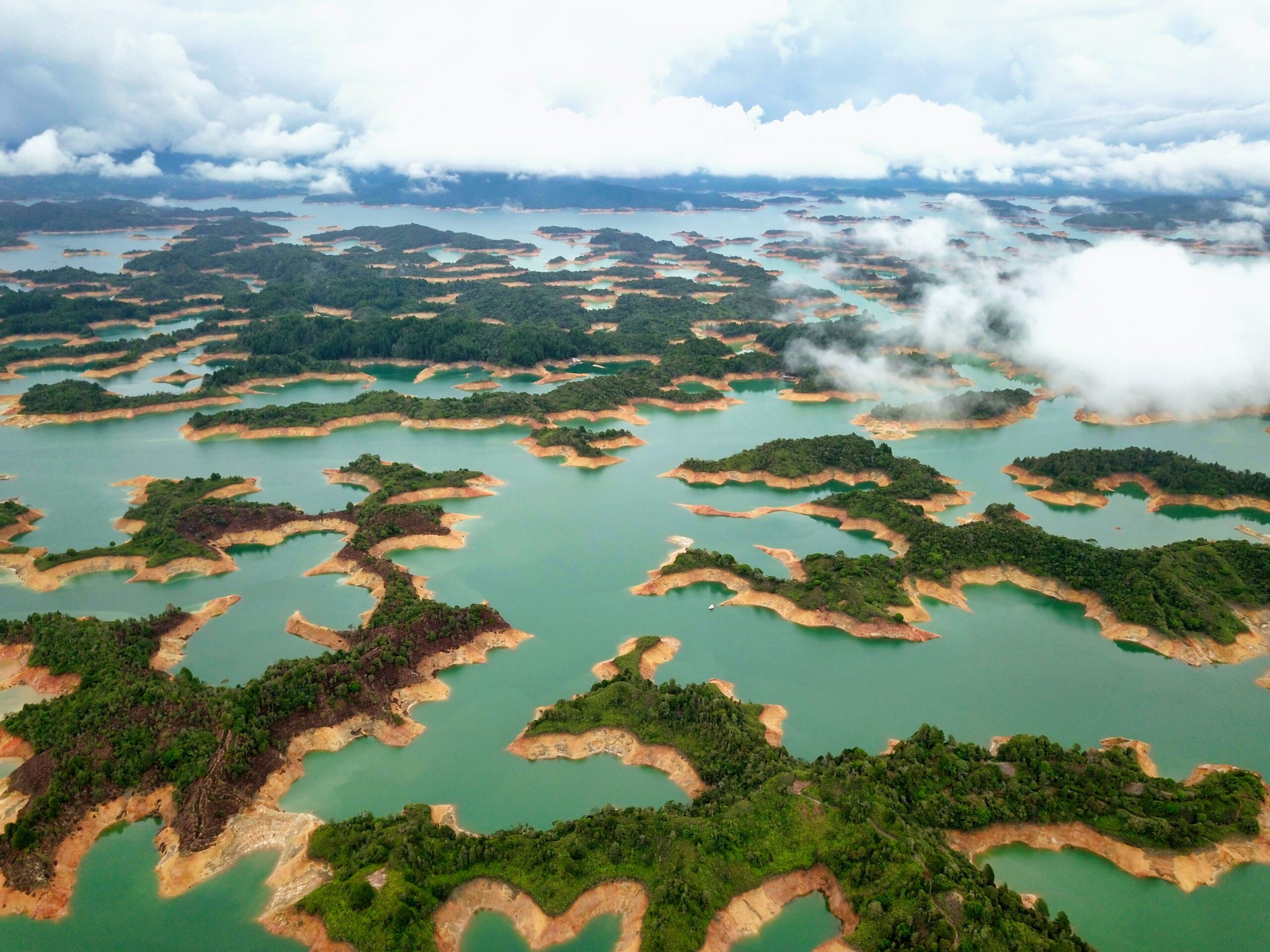Natural capital assessments are increasingly being used by businesses in corporate financial risk and environmental management processes. However, the perception of a lack of robust data is a barrier to effective natural capital assessments and decision-making in the private sector.
Failure to access robust data in assessments could result in a focus on ‘easier’ to measure assets, rather than dealing with the real complexities of natural capital impacts and dependencies. It could also undermine the value of natural capital assessments as a decision-making tool.
Providing companies with guidance on key natural capital datasets, their limitations, and how to overcome them will enable more rigorous natural capital assessments and better management of risks and opportunities.
Natural capital data describes a wide range of data used within natural capital assessments; these data can relate to the:
- stocks of natural capital (plants, animals, air, water, soils, and minerals);
- flows of ecosystem services;
- impacts and dependencies on natural capital; and
- associated costs and benefits to business and society.
The data needs of businesses seeking to apply the Natural Capital Protocol are defined by the decisions they are intended to inform. The most common uses (i.e. business needs) of natural capital data were identified as:
- assess risks to, and opportunities/impacts on, stakeholders;
- estimate total/net impact in order to influence strategy and
- sustainability decisions; and
- communicate with stakeholders.
With the UN Environment World Conservation Monitoring Centre (UNEP-WCMC) and partners, we worked with businesses to define organizational natural capital data needs, assess the extent to which existing data meet these needs, and identify the barriers limiting data use, and some potential solutions for overcoming them.
We identified that the overarching challenge is not the absence of data, but the absence of flow. Information is not flowing effectively between actors across the system. This is a problem underpinned by four elements: accessibility, infrastructure, quality and capacity.
Potential solutions to these barriers include quick wins that companies could take forward immediately as well as longer term actions, including how data considerations can be strengthened within natural capital projects more broadly.
With this information, data considerations and potential solutions will be integrated into all of our ongoing and future projects, and capacity building activities.












